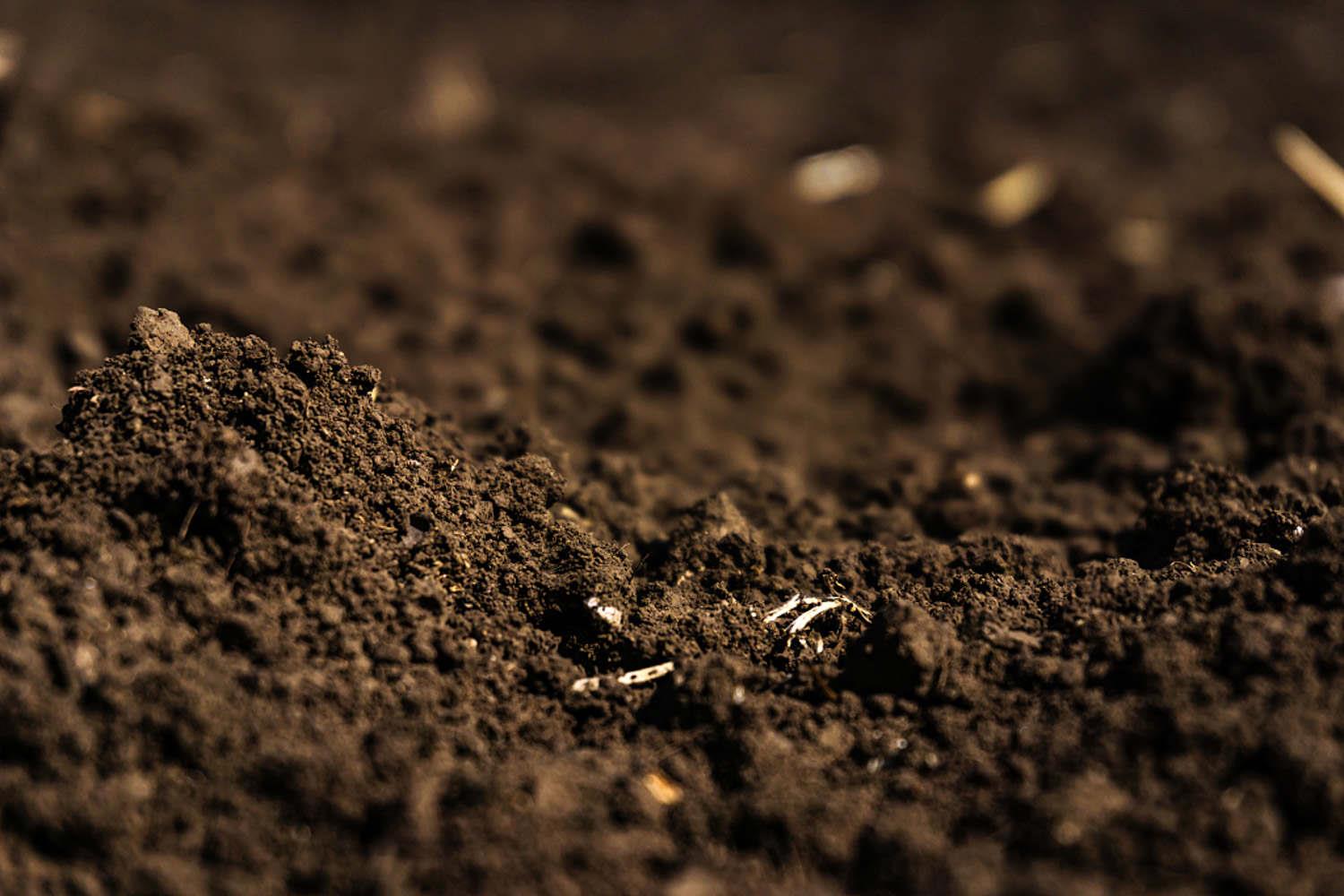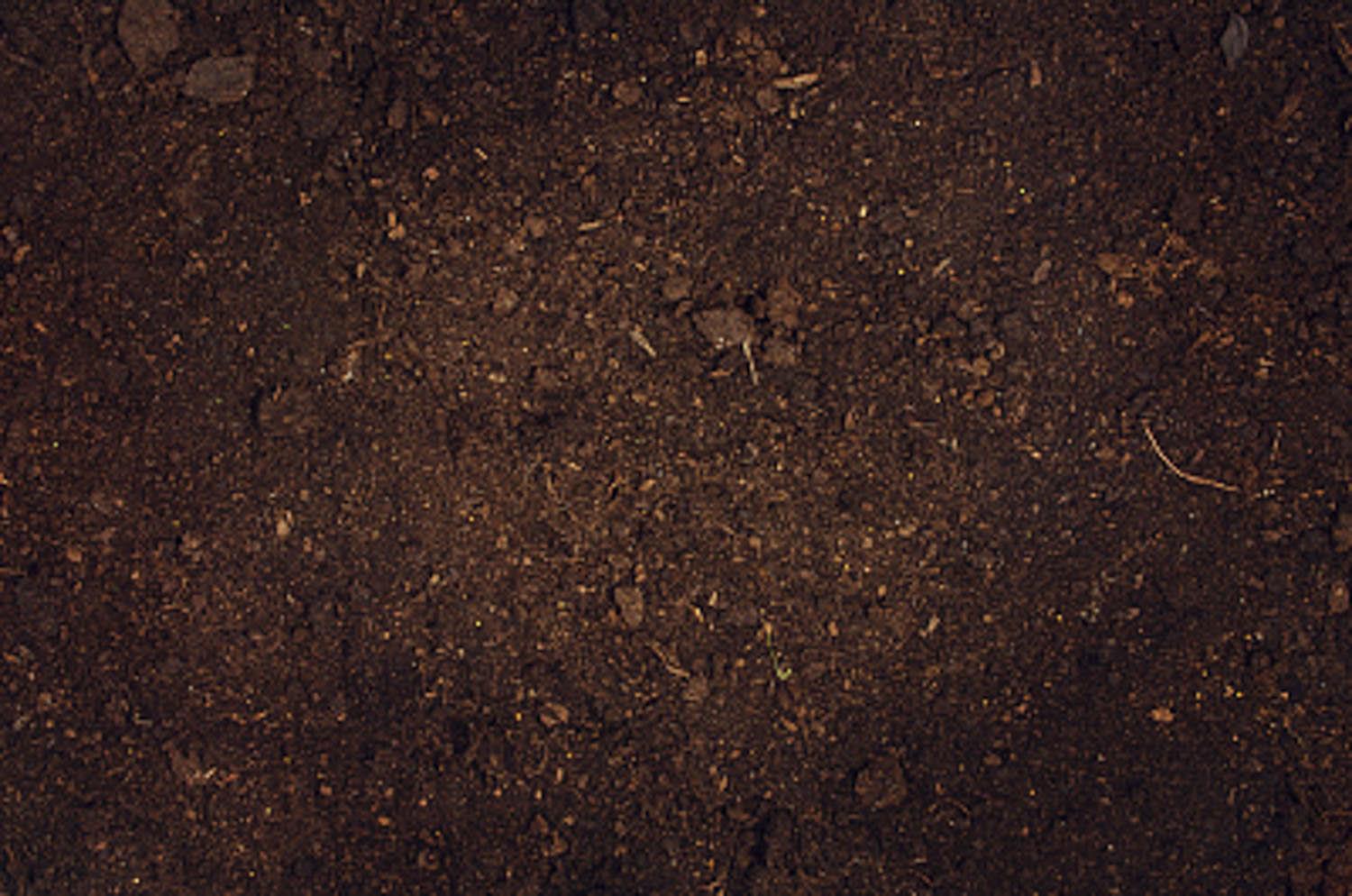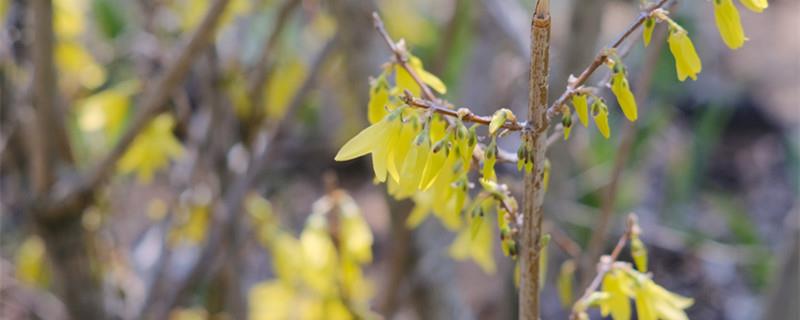What is pond mud?
Last Update :2024.11.03
Article Catalog
Pond mud is made from sun-dried silt in ponds. It has a relatively hard texture and has good drought and waterlogging resistance. It contains high nitrogen, phosphorus and potassium content and can be used as fertilizer for planting flowers, trees and vegetables. Its advantages are that it is fertile and breathable; its disadvantages are that it may burn seedlings, contains some microorganisms, and is highly sticky, so it should not be used alone.

Introduction to pond mud
Introduction to pond mud
Pond mud is made from sun-dried silt in ponds. It has a relatively hard texture and has good drought and waterlogging resistance.
Pond mud composition
Pond mud has high nitrogen, phosphorus and potassium content and can be used as fertilizer for growing flowers, trees and vegetables. Among them, fish pond mud contains a lot of fish feces
Pond mud is a good organic fertilizer.

Features of pond mud
Advantages< /h3>
Firstly, the pond mud is very fertile and has high nitrogen, phosphorus and potassium content;
Secondly, the pond mud is not easy to loosen and break after being dried and smashed, which is conducive to ventilation and water permeability.
Disadvantages
First, although pond mud is fertile, it is easy to burn seedlings when used as a substrate for plants that like fertilizer but are not fertilizer-resistant;
Second, pond mud contains various microorganisms, which may affect plant growth, so it is best to disinfect it before use;
Third, pond mud is highly sticky and should not be used alone.

Plants suitable for pond mud< /h2>
First, pond mud has a very good fertilizer effect on orange fields, vegetable fields, and rice fields. Spreading pond mud on the orange field can improve the soil of the orange field, effectively prevent orange trees from falling fruit, and ensure high and stable orange yields; spreading pond mud on the vegetable field can promote the growth of vegetables and improve the quality of vegetables; using pond mud in rice fields can improve rice fields. The soil structure improves rice yield and quality.
Second, the pond mud can be used to cultivate Clivia, orchids, osmanthus and other flowers after drying.
Pond mud composition
Characteristics of pond mud
Plants suitable for pond mud
- END -
Miracle fruit cultivation methods and precautions

Soil: It likes acidic soil. When planting, choose sandy soil with good drainage. M...
Yellow flower plant

1. Winter jasmine: It blooms in early spring with bright colors, large flowers, an...